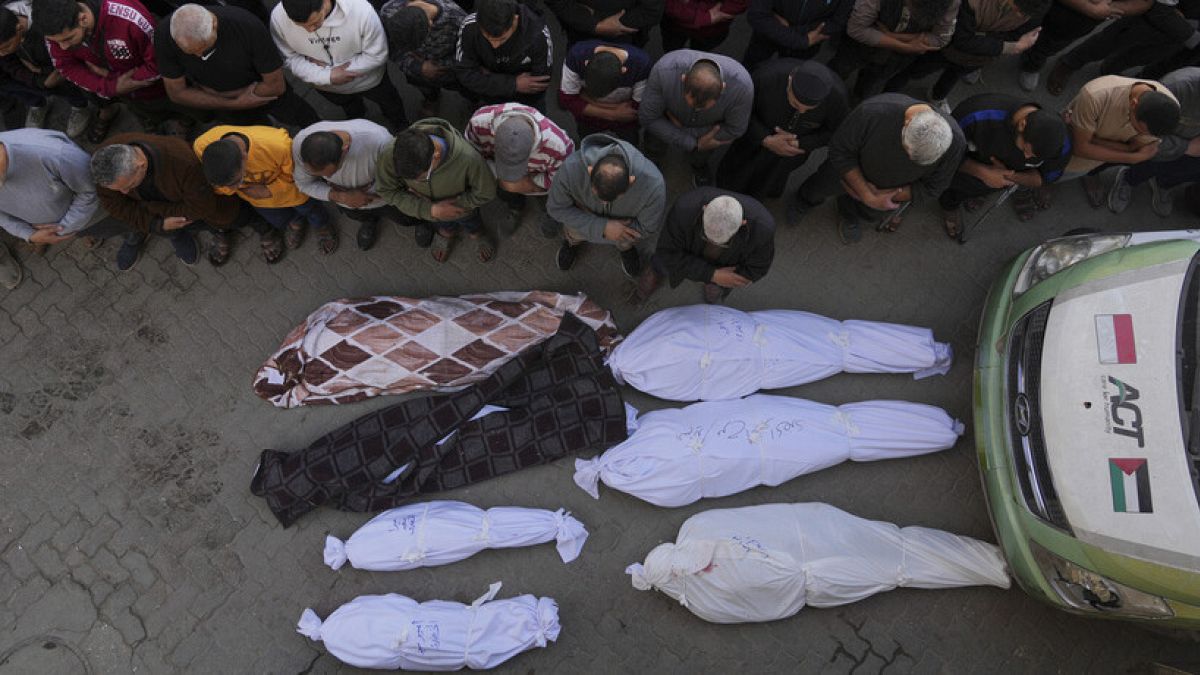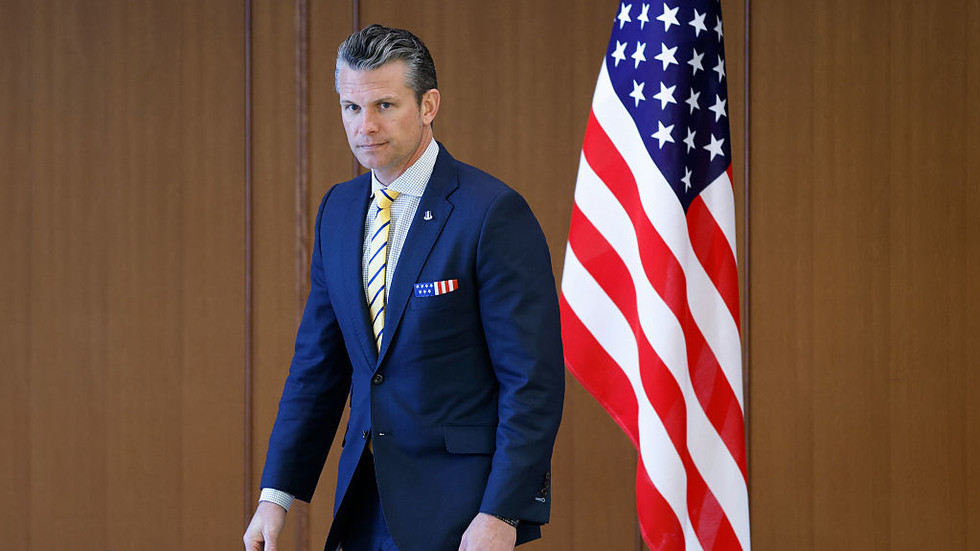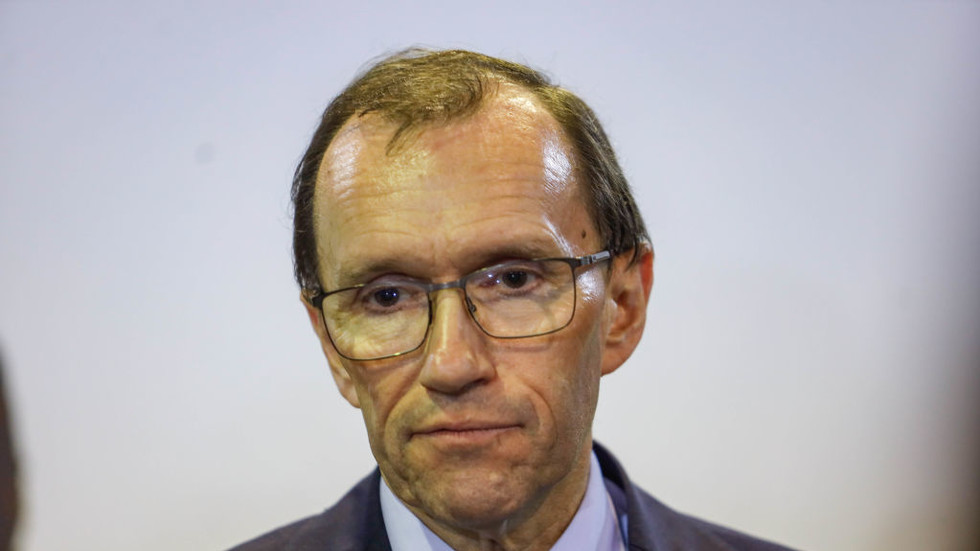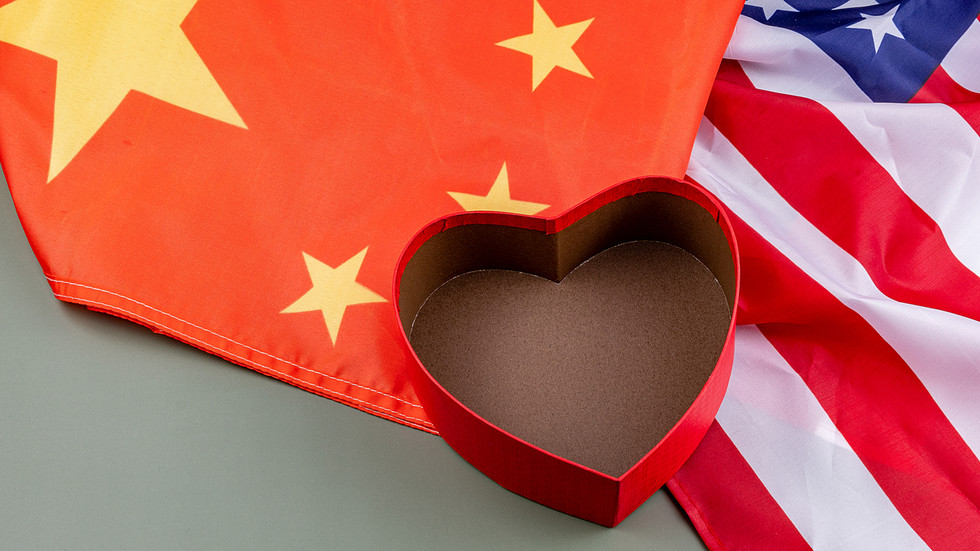Since Israel launched its large-scale invasion of Lebanon, Gazan children there are faced with destruction that reminds them of home.
Since the beginning of Israel's war in Gaza over a year ago, Lebanon has been a place of refuge for many wounded Gazan children.
Ghassan Abu Sitta, a British-Palestinian surgeon active in Gaza at the start of the war, facilitated the arrival of around a dozen severely wounded Palestinian children through the Ghassan Abu Sitta Foundation.
The first of the wounded children arrived in Lebanon in May. Five-year-old Adam Afana had nearly lost his left arm in a blast that killed his father and sister. His arm was paralysed and he needed a complex surgery to correct the nerve damage.
At the time, Lebanon was already embroiled in a low-simmering conflict between Israel and Hezbollah. For months, the conflict in Lebanon was mainly confined to the southern border area, far from Beirut.
Abu Sitta said he chose Lebanon for the wounded children's treatment because the Mediterranean country has specialists with wide experience treating war injuries.
But months after their arrival, children like Adam are now caught up in yet another war some fear will end in Gaza-like destruction. In September, IDF forces launched a large-scale offensive in Lebanon, pummelling wide swathes of Lebanon with airstrikes, including Beirut’s southern suburbs and some sites within the city centre.
Adam Afana's uncle, Eid Afana, said the escalation in Lebanon “reminds us of the beginning of the war in Gaza.” Afana said the sound of airstrikes frightened Adam, who felt the war was pursuing them.
“What we hope for Lebanon is that what happened in Gaza won’t happen here — that the beginning and the ending won’t both be the same,” Afana said.
'All wars are waged on children'
The Ghassan Abu Sitta Fund has stopped bringing wounded Palestinian children to Lebanon but continues to treat existing patients — with some challenges.
Since arriving in Beirut, Adam has undergone a procedure to clear infection from his bones, neurosurgery and has been doing regular physiotherapy sessions. He can now slightly clench his hand, when he puts effort into it.
But the final operation - a muscle transfer and surgery to repair the damaged nerves to his arm - is on hold.
“There’s just a handful of people who specialise in this globally, and we were expecting one of them to come to Lebanon,” Abu Sitta said. The trip has been delayed due to the escalation in Lebanon.
When he first launched the programme, Abu Sitta hoped to treat 50 Palestinian children from Gaza at any given time. Unable to bring more patients in, the team is shifting its resources towards treating Lebanese children.
The numbers of wounded Lebanese children are still far lower than in Gaza. As of last week, Lebanon’s Ministry of Public Health said 192 children had been killed and at least 1,255 wounded since October 2023. In Gaza, more than 13,000 children have been killed and thousands more have been wounded, according to Gaza's Health Ministry.
Abu Sitta said the wounds of children in Lebanon are “identical to the injuries of Palestinian children from Gaza.” Most were wounded while at home. They suffered “crush injuries to the limbs, blast injuries to the face” and often “multiple members of the family killed at the same time,” he said.
“As in Gaza, this war takes its toll on children,” he said. “All wars are waged on children.”

 4 months ago
38
4 months ago
38






 We deliver critical software at unparalleled value and speed to help your business thrive
We deliver critical software at unparalleled value and speed to help your business thrive






 English (US) ·
English (US) ·